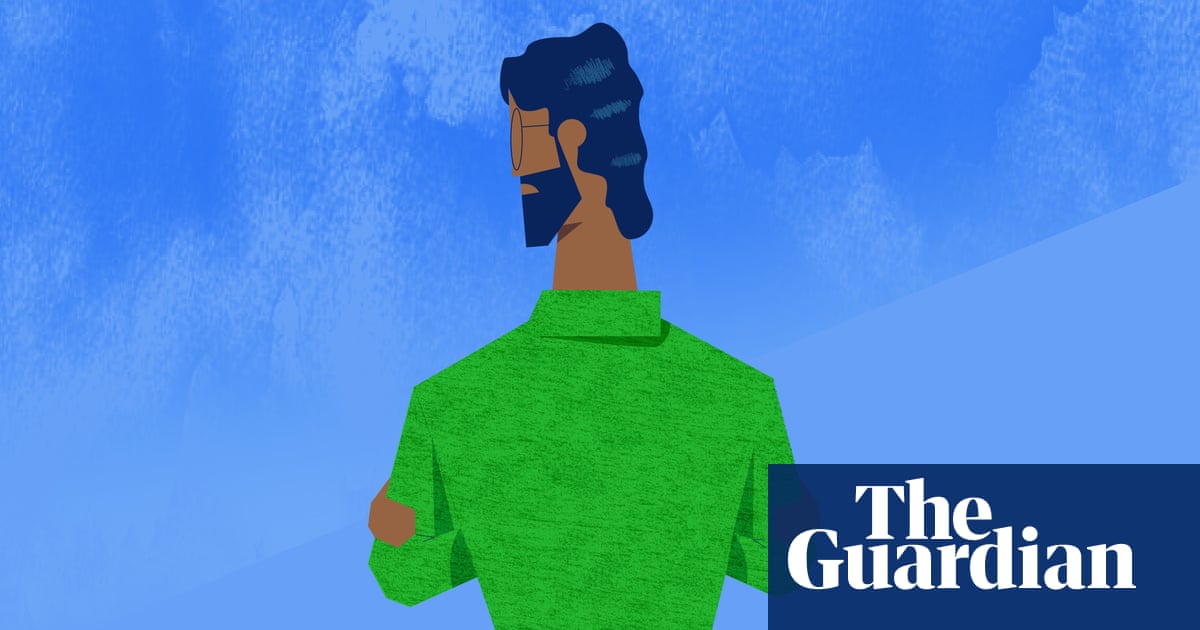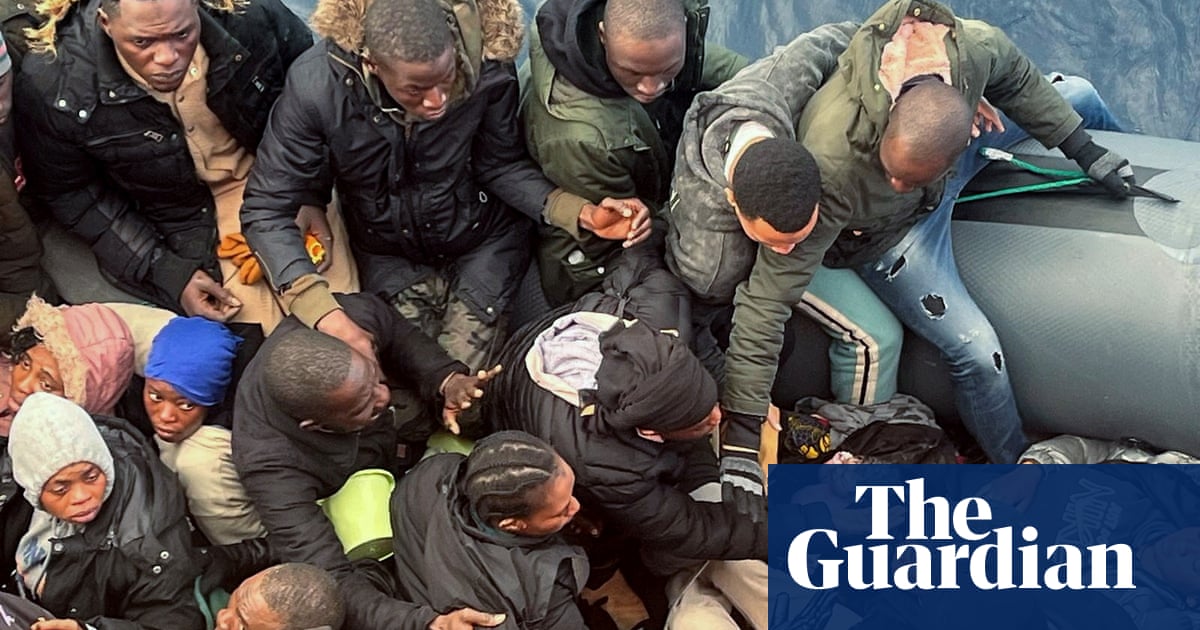A Russian court has sentenced an elderly Moscow paediatrician to five and a half years in prison after the mother of one of her patients publicly denounced her for comments she allegedly made about Russian soldiers in Ukraine during a private consultation.
Nadezhda Buyanova, 68, was accused in January by the ex-wife of a soldier killed in Ukraine of referring to her child’s father as a “legitimate target of Ukraine” and saying Russia was “guilty” in the ongoing war.
Buyanova was imprisoned on charges of “disseminating false information” about Russia’s military campaign in Ukraine. Since the start of Vladimir Putin’s full-scale invasion of Ukraine in February 2022, Moscow has used a hastily adopted law against spreading “fake” information widely to silence dissent.
The high-profile case against Buyanova, born in Lviv, Ukraine, but a longtime resident of Russia, highlights the intensifying repression in Russia as its troops continue the war in Ukraine.
In her final statement, a tearful Buyanova insisted on her innocence, asserting that she had not discussed the war with the boy or his mother. Buyanova’s defence argued she had been targeted because of her Ukrainian heritage, noting that prosecutors had no solid evidence to prove she had spoken against the war.
There is no audio recording from the consultation room, and prosecutors relied on the testimony of the seven-year-old boy and his mother, Anastasia Akinshina.
Akinshina first made the denunciations against Buyanova in a video that was quickly picked up by pro-Kremlin media. “I won’t let them sweep it up under the carpet!” Akinshina is heard saying in the clip.
The case quickly gained prominence, after which Alexander Bastrykin, the hardline head of Russia’s Investigative Committee, vowed to take it under his personal control.
Observers say state pressure has created an atmosphere of fear and denunciation – with neighbours, friends and even family members reporting on each other, often anonymously – reminiscent of the darkest repressions under Joseph Stalin. One recent poll showed that up to 30% of Russians were scared to voice their opinions about the war, even to friends and family.
The case has drawn widespread condemnation from human rights groups, with Memorial, the prominent Russian human rights organisation, listing Buyanova as a political prisoner. A group of Russian doctors wrote an open letter in Buyanova’s defence calling the denunciation a disgrace.
In recent months, the Russian authorities have further cracked down on any expression of anti-war sentiment, resulting in a string of draconian prison sentences. Last Friday a Russian court sentenced a man to 13 years in prison on treason charges after he was reported to have donated the equivalent of about £42 to a German charity supporting Ukraine.
His case was similar to that of Ksenia Karelina, a US-Russian citizen who was sentenced to 12 years in prison on treason charges for donating £40 to a pro-Ukraine charity.
Memorial, now banned in Russia, lists nearly 800 political prisoners, many of whom have criticised Russia’s invasion. The organisation believes the actual number is much higher as the count excludes those facing secret trials.
The investigative news outlet Proekt has estimated that the Russian authorities have prosecuted more than 116,000 activists in the last six years, surpassing levels of political repression seen during the rule of the Soviet leaders Nikita Khrushchev and Leonid Brezhnev.

.png) 1 month ago
10
1 month ago
10













































